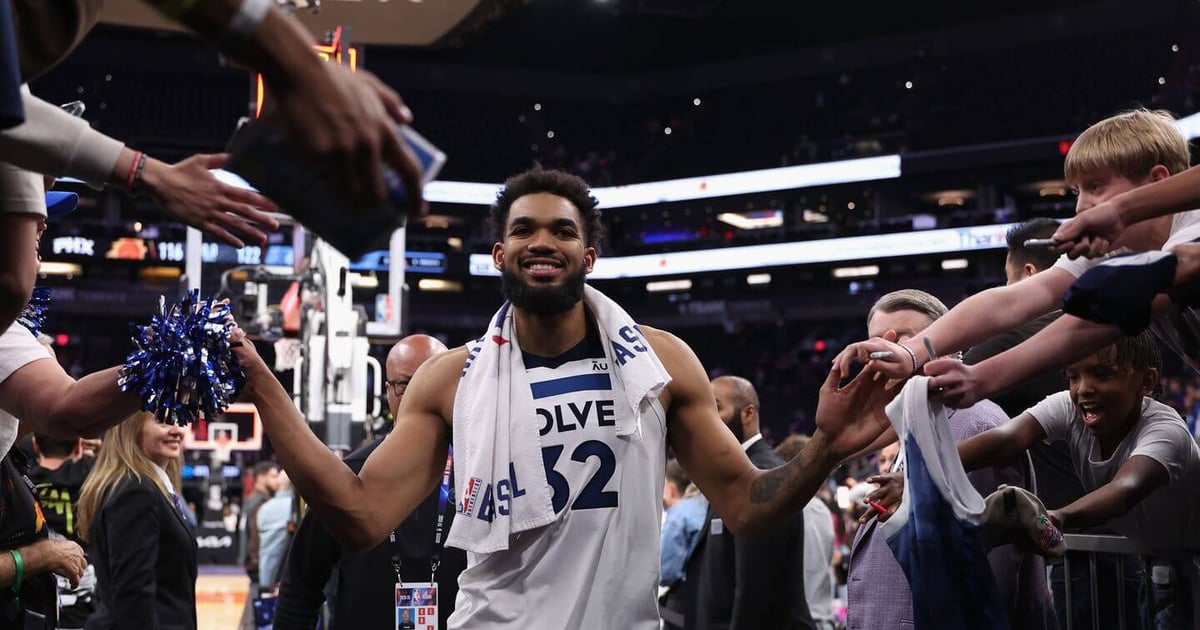Inside a league littered with talk of aprons, salary-cap eccentricities and a longer list of don’ts than dos, the Knicks have mastered the minutiae. The construction of the Mikal Bridges trade with the Brooklyn Nets, which was completed in July, hard-capped New York’s 2024-25 payroll at $188.9 million, a threshold called the second apron. After the Towns deal, the Knicks project to be just $335,000 short of that number once the regular season begins.
Had 18-year-old No. 25 overall pick Pacome Dadiet taken $2.7 million instead of $1.8 million in his rookie contract — which the Knicks made up for by paying Dadiet’s $850,000 buyout in Germany, a deposit that does not count against the cap — the Towns trade would have sent them above the second apron and thus not been allowed by the league.
The Knicks’ front office, ever since taking over the franchise in 2020, has become infatuated with marginal value, an obsession that emerged long before its creativity with Dadiet. The Knicks have prioritized contracts that descend year over year, handing one to Jalen Brunson and another to Robinson. If either of those players had signed deals that included conventional, annual raises, the team wouldn’t have had this room for Towns.
The current CBA makes it difficult, though not impossible, for two teams both above the first apron, a payroll threshold set at $178.1 million for the 2024-25 season, to make trades with each other. Drift above that mark, and teams can’t take back more money than they send out. New York and Minnesota, high rollers who are each above the first apron, would need to involve a third team that could absorb millions.
The Knicks, who weren’t trading away as much money as they were acquiring, had to uncover that destination — and also figure out a way to conjure up money they didn’t have.
For more details on how this complex trade happened, read the rest of my story here.
GO FURTHER
Inside the Knicks’ strategy and maneuvering to bring Karl-Anthony Towns to New York

